detail profile povilas stankus
Peran Yang Di Mainkan Povilas Stankus
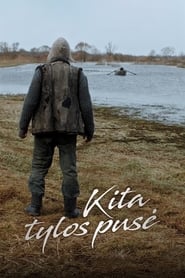 Einar and Kasparas are brothers similar...
Einar and Kasparas are brothers similar...Other Side of Silence 2019
Einar and Kasparas are brothers, similar, but still very different people. They did not see each other for all eternity, though their house was separated by the river. Everyday they watch each other from afar, know when anyone is burning the oven, going to bed and so on.
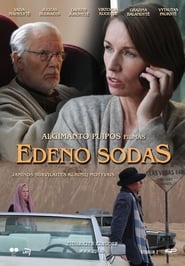 Lithuania in the near future The...
Lithuania in the near future The...Garden of Eden 2015
Lithuania in the near future. The land is full of rich immigrants. Rich Lithuanians that were scattered throughout the world return to Lithuania to spend their golden years in luxurious nursing homes; and the laws that govern life and death provide a feeling of security... The residents of the Garden of Eden look upon this "global theatre of life" with tearful smiles and great wisdom.
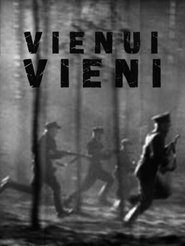 The film portrays Lukas attempts in...
The film portrays Lukas attempts in...Utterly Alone 2004
The film portrays Lukša's attempts, in trips to western Europe, to gain support for the armed anti-Soviet resistance (known as the Forest Brothers), whose fortunes in a guerrilla war against Soviet authorities were waning, largely due to widespread infiltration and harsh crackdowns by the NKVD.
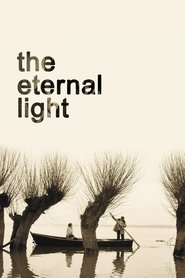 Lithuanian countryside in the 1950s People...
Lithuanian countryside in the 1950s People...The Eternal Light 1989
Lithuanian countryside in the 1950s. People live with mixed memories of an independent Lithuania, no one believes in the myths of a future Soviet Lithuania, but everyone clings tenaciously, out of inner inertia, to the opportunities offered by even the smallest personal farm. This is a film that subtly tells the story of love and the beginnings of a peaceful life in the countryside: the surveyor is tormented by Pranė, who has fallen in love with him unrequitedly, Amilia, who has fallen in love with Zigmas, but is married to the surveyor, Anicetas, the village philosopher, Bernasius, knows it all: if there is an eternal darkness, there is also an eternal light...
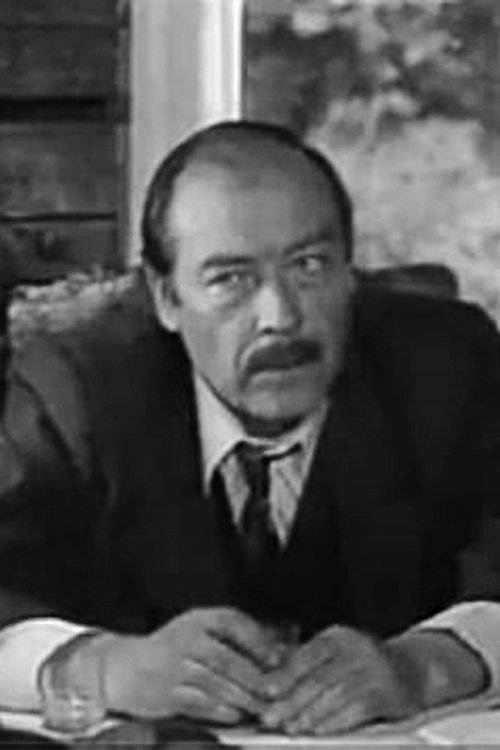
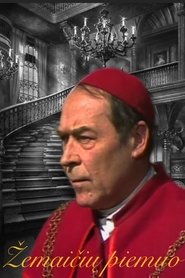 Teleplay about the personality and activities...
Teleplay about the personality and activities...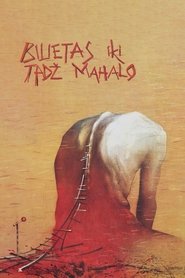 A feature film based on the...
A feature film based on the...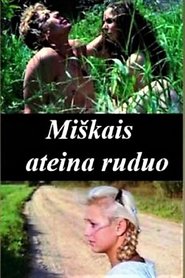 Evolving grim drama of love and...
Evolving grim drama of love and... Steponas Darius and Stasys Girnas attempt...
Steponas Darius and Stasys Girnas attempt...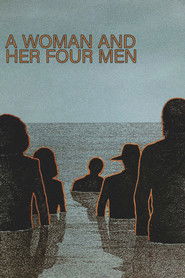 An epic tale set at the...
An epic tale set at the...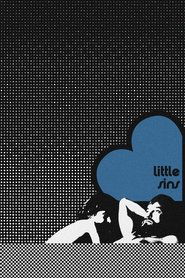 Based on the novel of the...
Based on the novel of the...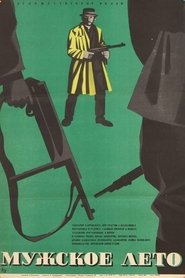 Lithuania 1947 The battle between Read Army...
Lithuania 1947 The battle between Read Army...